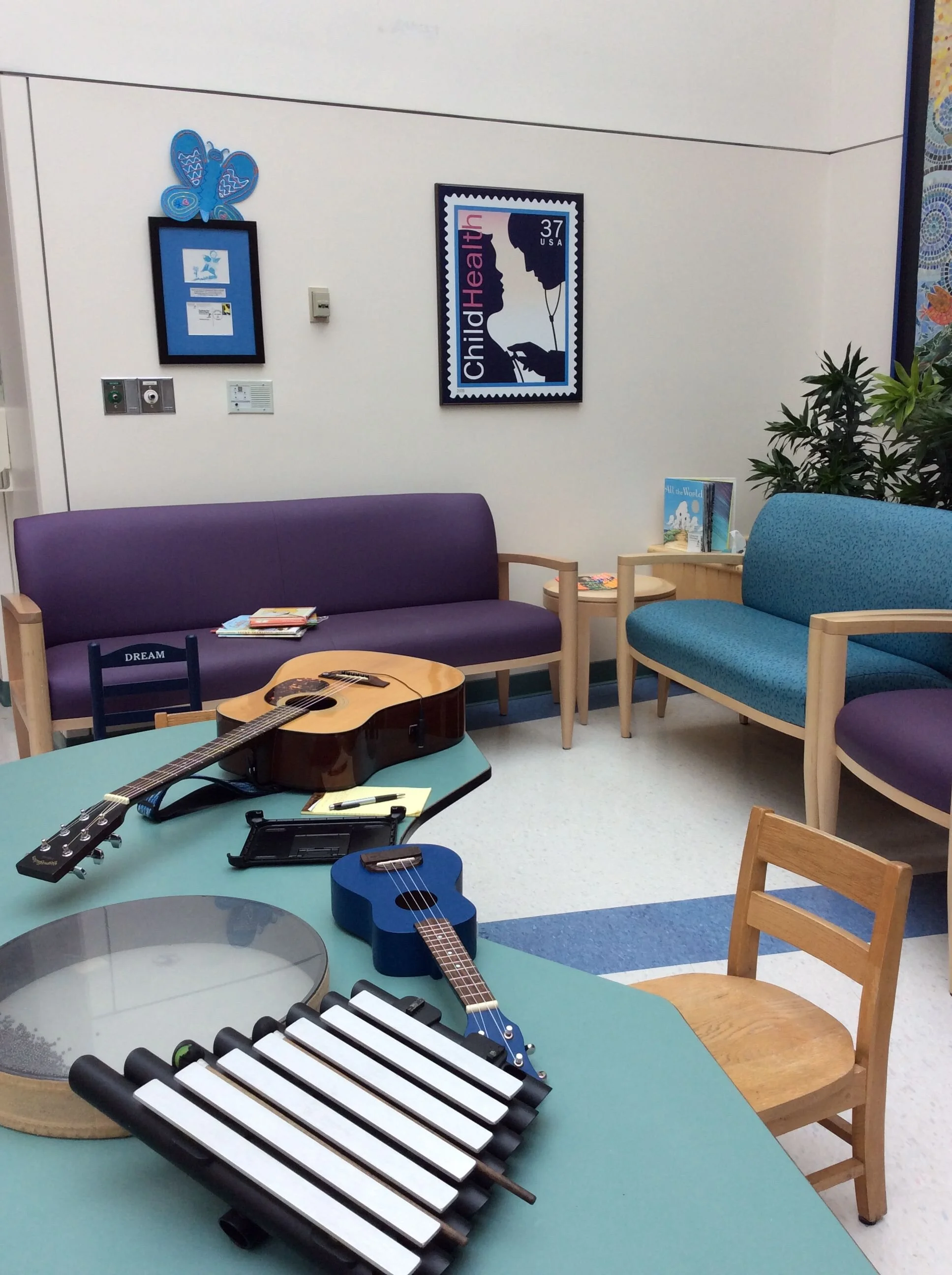I receive a lot of email requests from students who want to learn more about music therapy, either for a research project or for career exploration. I love talking to students and supporting their interests, but I find myself spending time writing lengthy responses and never receiving a follow up. So this blog post is to answer many of the FAQs I receive from students.
Read MoreIt’s my thought that organizations can make use of talented teaching artists, provided the teachers- and the organizations- have an understanding of the goals of the program, the participants’ needs, and what adaptive music means to all involved. Below, I’ll share some of the skills that are needed.
Read MoreThrough music therapy, clients' abilities are strengthened and transferred to other areas of their lives. For example, music therapy was an integral part of Congresswoman Gabby Gifford’s rehabilitation to regain her speech after surviving a bullet wound to her brain… Music therapists work with adults with Parkinson’s disease to improve motor function and older adults to lessen the effects of Alzheimer’s. Music therapy can reduce physical pain and provide emotional support for clients and their families.
Read More



